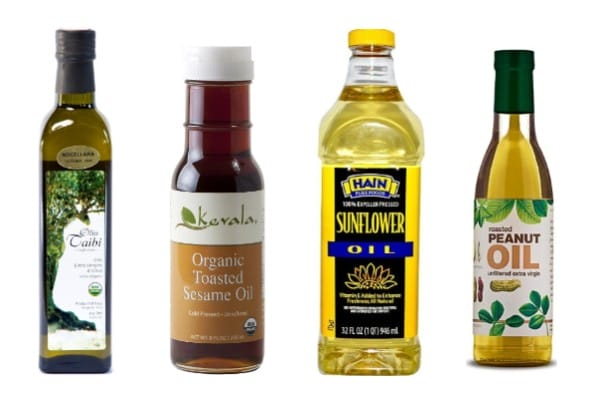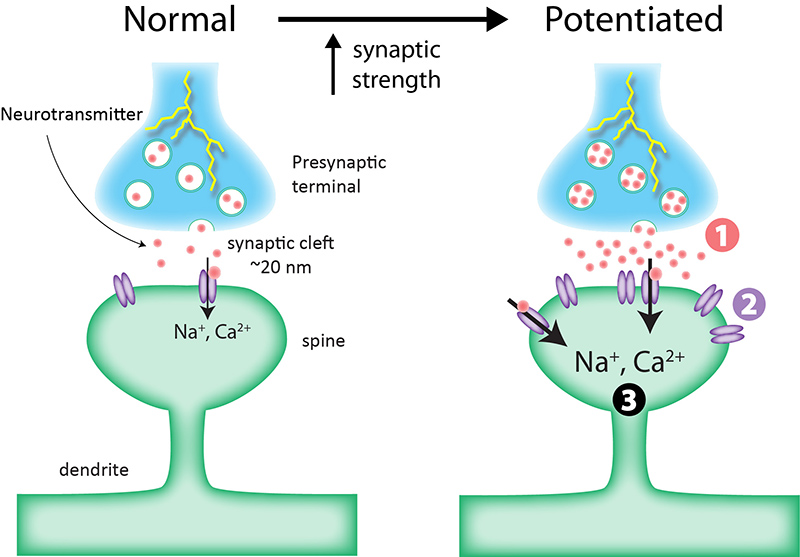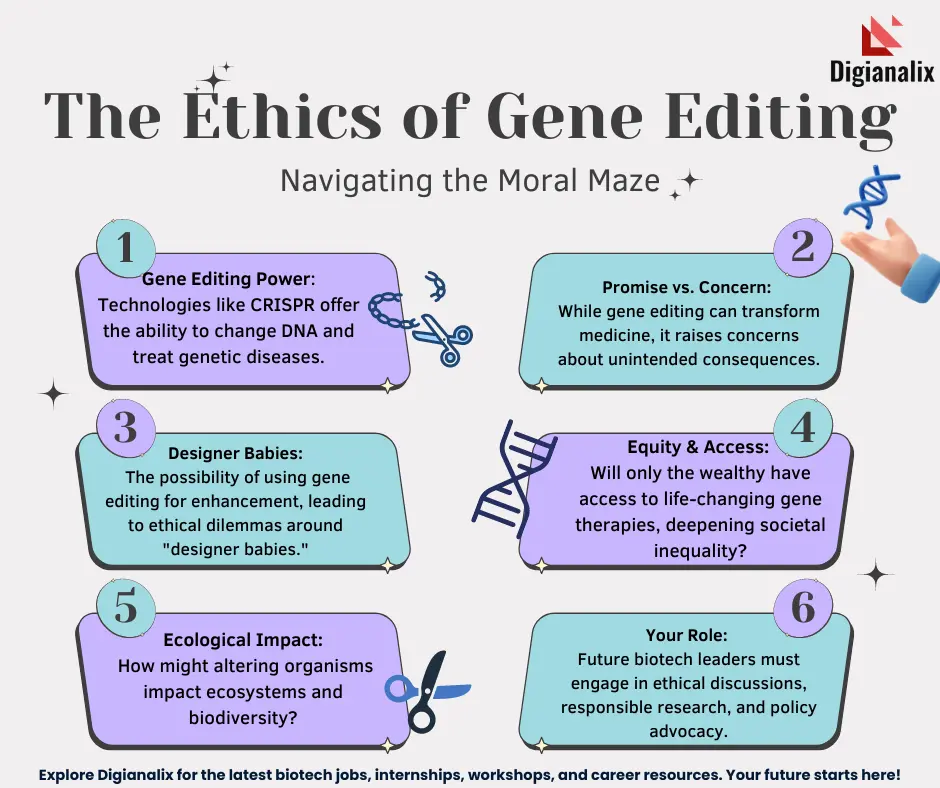
Plant-based oils have emerged as a powerful dietary choice, offering a variety of health benefits that can contribute to a longer life. A recent study highlighted that replacing traditional butter with plant-based oils cuts the risk of premature death by about 17%. This dietary swap not only helps to reduce mortality rates but also promotes increased intake of unsaturated fats, which are known to support cardiovascular health. Incorporating oils such as olive, soybean, and canola into daily meals serves as an excellent butter substitute, making it easier to embrace healthier cooking practices. By making this simple change, individuals can reap the health benefits of oils while embracing more nutritious dietary habits.
Vegetable oils, often touted for their health advantages, serve as a prime alternative to animal fats like butter. Research indicates that by integrating these oils into our diets, we can drastically improve our mortality outcomes, particularly by reducing instances of chronic diseases such as heart ailments and cancer. These healthy dietary fats provide essential unsaturated fatty acids that encourage better overall health, making them an ideal choice for those looking to make dietary swaps. Transitioning from butter to these plant-derived fats not only supports a healthier lifestyle but also enhances the flavor and versatility of meals. Embracing this shift can lead to significant long-term improvements in wellbeing.
The Health Benefits of Plant-Based Oils
Research consistently supports the health benefits of incorporating plant-based oils into our diets. The recent study conducted by Mass General Brigham and Harvard T.H. Chan School of Public Health highlights the potential of these oils in reducing mortality rates. Specifically, individuals who used soybean, canola, and olive oil as alternatives to butter demonstrated a significant reduction in overall death risk. The evidence points to unsaturated fats found in these oils, which are known to lower cholesterol and promote cardiovascular health, making them a heart-healthy choice for daily cooking and dressing.
Moreover, the health benefits extend beyond cardiovascular protection. The study’s findings suggest that the switch from butter to plant-based oils can also curb the risk of cancer-related mortality. This dietary swap, even in small increments, could potentially affect public health significantly, leading to fewer chronic disease-related deaths. By opting for these healthier fats, individuals not only improve their personal well-being but also contribute to wider societal health improvements.
Butter Substitutes: A Simple Dietary Swap
Finding effective butter substitutes can have a profound impact on health. As outlined in the research, replacing butter with healthier fats, such as plant-based oils, directly correlates with reduced mortality rates. This straightforward dietary swap is beneficial for anyone looking to enhance their nutrition. With options like olive oil and canola oil readily available, these substitutes provide a great flavor profile without the excess saturated fats found in butter.
Besides taste and health benefits, using butter substitutes can also enrich meals with additional nutrients. Many plant-based oils are rich in antioxidants and essential vitamins, offering more than just a reduction of harmful fats. For those exploring dietary swaps, it’s essential to not only focus on calorie intake but also on the overall nutritional value of the fats we consume, helping to promote longevity and improved health outcomes.
Dietary Swaps for Longevity
Adopting simple dietary swaps can significantly affect longevity and overall health. The study reveals that replacing butter with plant-based oils can lead to a 17% reduction in the risk of premature death. Such changes in diet not only benefit heart health but can also provide a holistic improvement in dietary habits. Emphasizing unsaturated fats while decreasing saturated fats is vital in promoting wellness and preventing diseases.
Additionally, making these dietary swaps can inspire other healthy lifestyle changes, such as increased physical activity and cooking at home more frequently. By transitioning to healthier fats, individuals may also be motivated to explore other aspects of nutrition, leading to a well-rounded approach to personal health and longevity. Simple steps like choosing plant-based oils can start a chain reaction of healthy habits that contribute to a longer, healthier life.
Reducing Mortality Through Dietary Choices
The correlation between dietary choices and mortality rates cannot be overstated. The research indicates that substituting butter for plant-based oils has tangible benefits, with participants experiencing notable reductions in mortality from various causes. Such findings underscore the importance of making informed dietary choices to minimize health risks. While it may seem like a simple change, its implications for longevity are profound and significant.
By focusing on the quality of fats consumed, individuals can shape their health outcomes positively. This means not only embracing plant-based oils but also understanding the broader context of dietary patterns and their link to chronic diseases and overall lifespan. The research reinforces that actionable dietary changes, such as reducing saturated fats, can lead to improved health and lower mortality rates, making nutrition a fundamental part of lifelong wellness.
Embracing Unsaturated Fats for Better Health
Embracing unsaturated fats is crucial for improving long-term health. Recent studies demonstrated that dietary fats extracted from plant sources not only provide essential fatty acids but also offer various health benefits, promoting heart health and reducing the risk of chronic diseases. These fats, found in oils like olive and soybean, are nutrient-dense alternatives to butter, which is primarily composed of harmful saturated fats. Regularly incorporating these healthy fats into meals can transform dietary patterns and enhance overall wellness.
Furthermore, understanding the difference between saturated and unsaturated fats can empower individuals to make healthier substitutions in their diets. A proactive approach to fat consumption underlines the need to replace saturated fats with unsaturated fats, a shift that relevant research supports. By focusing on the health benefits of unsaturated fats, individuals can take informed steps toward achieving better health outcomes.
Understanding the Risks of Butter Consumption
Despite its traditional status in many cuisines, butter consumption carries health risks that can compromise well-being. The study revealed that higher intake levels of butter are linked to increased mortality rates, primarily due to its high saturated fat content. This is a critical finding for individuals who consume butter frequently, as it suggests that reducing butter intake can serve as a preventative measure against chronic diseases.
The connection between dietary choices and health outcomes is particularly relevant in today’s context. As more people turn to healthier alternatives, understanding the risks associated with butter consumption promotes healthier habits. By recognizing that butter can contribute to adverse health effects, individuals can be more motivated to explore plant-based options and adopt more health-conscious practices.
Plant-Based Oils in Cooking and Baking
The versatility of plant-based oils makes them an excellent choice for various cooking and baking applications. Unlike butter, which can impart distinctive flavors that may not suit every dish, plant-based oils like canola and olive oil offer a more neutral option, enhancing the flavors of other ingredients without overpowering them. This characteristic makes them ideal for a range of culinary uses, from sautéing to dressing salads.
Furthermore, the high smoke points of many plant-based oils enable them to withstand higher cooking temperatures without breaking down, a beneficial quality when preparing fried or baked foods. By integrating these oils into cooking routines, individuals can create healthier meals without sacrificing taste or texture, ensuring that dietary changes are both enjoyable and practical.
Public Health Implications of Dietary Fats
The implications of dietary fat choices extend beyond individual health, reaching into public health considerations. As the study illustrates, a shift in dietary patterns away from butter and toward plant-based oils could yield significant benefits for population health, potentially reducing the incidence of chronic diseases and overall mortality. At a societal level, promoting awareness about dietary fats could create a ripple effect, influencing eating behaviors on a larger scale.
Additionally, public health initiatives that encourage the replacement of saturated fats with healthier unsaturated alternatives can play a pivotal role in improving population health metrics. By fostering a broader understanding of the impact of dietary choices on health outcomes, communities can work together to cultivate healthier eating environments, ultimately leading to better health and longevity for future generations.
Future Research on Dietary Fats and Health
The promising findings regarding the health benefits of plant-based oils highlight the need for future research focused on dietary fats and their broader implications for health. As the current study establishes a foundational understanding, further investigations can delve into the specific biological mechanisms that underpin the observed health effects. This deeper exploration can lead to tailored dietary recommendations that optimize health outcomes.
Moreover, exploring various demographics and their dietary practices could provide insights into how different populations can benefit from these findings. Understanding regional dietary preferences and cultural adaptations can yield innovative approaches to incorporate healthier fats into different culinary traditions. As science evolves, so too will our understanding of how dietary swaps can create long-term health benefits for diverse communities.
Frequently Asked Questions
What are the health benefits of plant-based oils compared to butter?
Plant-based oils, such as olive, canola, and soybean oil, offer significant health benefits over butter. Studies suggest that replacing butter with plant-based oils can reduce the risk of premature death by up to 17%. This is largely due to the unsaturated fats found in plant oils, which support heart health and lower mortality rates from various diseases, including cancer and cardiovascular issues.
How can dietary swaps like using plant-based oils promote longevity?
Dietary swaps, such as substituting butter with plant-based oils, can promote longevity by reducing the intake of saturated fats commonly found in dairy products. Research indicates that higher consumption of plant-based oils correlates with lower mortality rates, potentially extending life expectancy. Incorporating these oils into daily meals can enhance overall health and reduce the risk of chronic diseases.
Which plant-based oils are most effective for replacing butter in recipes?
The most effective plant-based oils for replacing butter in recipes include olive oil, canola oil, and soybean oil. These oils contain higher amounts of unsaturated fats, which are associated with better health outcomes compared to the saturated fats found in butter. These oils are versatile and can be used in cooking, baking, and dressings, making them excellent butter substitutes.
Can switching to plant-based oils really reduce mortality rates?
Yes, switching to plant-based oils can indeed reduce mortality rates. A comprehensive study revealed that individuals who frequently replaced butter with plant-based oils experienced a 17% lower risk of premature death. This highlights the protective effects of unsaturated fats present in these oils against diseases such as cancer and cardiovascular problems.
What should I know about unsaturated fats in plant-based oils?
Unsaturated fats found in plant-based oils are considered healthier than saturated fats. They can help lower bad cholesterol levels and may contribute to reduced risks of heart disease and stroke. Including sources of unsaturated fats, such as olive and canola oils, in place of butter can lead to significant long-term health benefits, including improved heart health and longevity.
Are there any dietary guidelines for incorporating plant-based oils?
When incorporating plant-based oils into your diet, it’s best to use them as a replacement for saturated fats like butter. Start by gradually substituting plant-based oils in cooking and baking, aiming for a variety of oils such as olive, canola, or avocado oil. This dietary swap can contribute to healthier eating habits and support overall wellness.
Why are plant-based oils considered a better choice for heart health?
Plant-based oils are considered a better choice for heart health primarily due to their high content of unsaturated fats. These fats can help lower harmful levels of LDL cholesterol and reduce the risk of heart disease. Studies have shown that diets rich in plant-based oils lead to lower mortality rates from cardiovascular diseases, making them a heart-healthy alternative to butter.
How much butter can I safely replace with plant-based oils for health benefits?
Research suggests that even replacing a small amount of butter—about 10 grams (less than a tablespoon)—with an equivalent caloric amount of plant-based oils daily can significantly enhance health outcomes. This minor dietary swap can lead to a 17% reduction in cancer deaths and overall mortality, promoting better long-term health.
| Key Points | Details |
|---|---|
| Study Findings | Replacing butter with plant-based oils can reduce the risk of premature death by 17%. |
| Primary Oils Studied | Soybean, canola, and olive oil are key plant-based oils linked to lower mortality rates. |
| Health Data Used | Data from 200,000 individuals tracked over 30 years was analyzed. |
| Impact of Butter Consumption | Higher butter consumption is associated with increased mortality, while plant-based oil consumption is linked to reduced risk. |
| Significance of Dietary Swap | Even minor reductions in butter intake with increased plant-based oils can provide health benefits. |
Summary
Plant-based oils can play a crucial role in enhancing your overall health and longevity. A recent study highlighted that substituting butter with these oils could lead to a significant 17% reduction in the risk of premature death. By prioritizing plant-based oils like soybean, canola, and olive oil in your diet, you can improve your health by reducing the risks associated with chronic diseases such as cancer and cardiovascular issues. Making this simple dietary change could yield profound health benefits over time.






